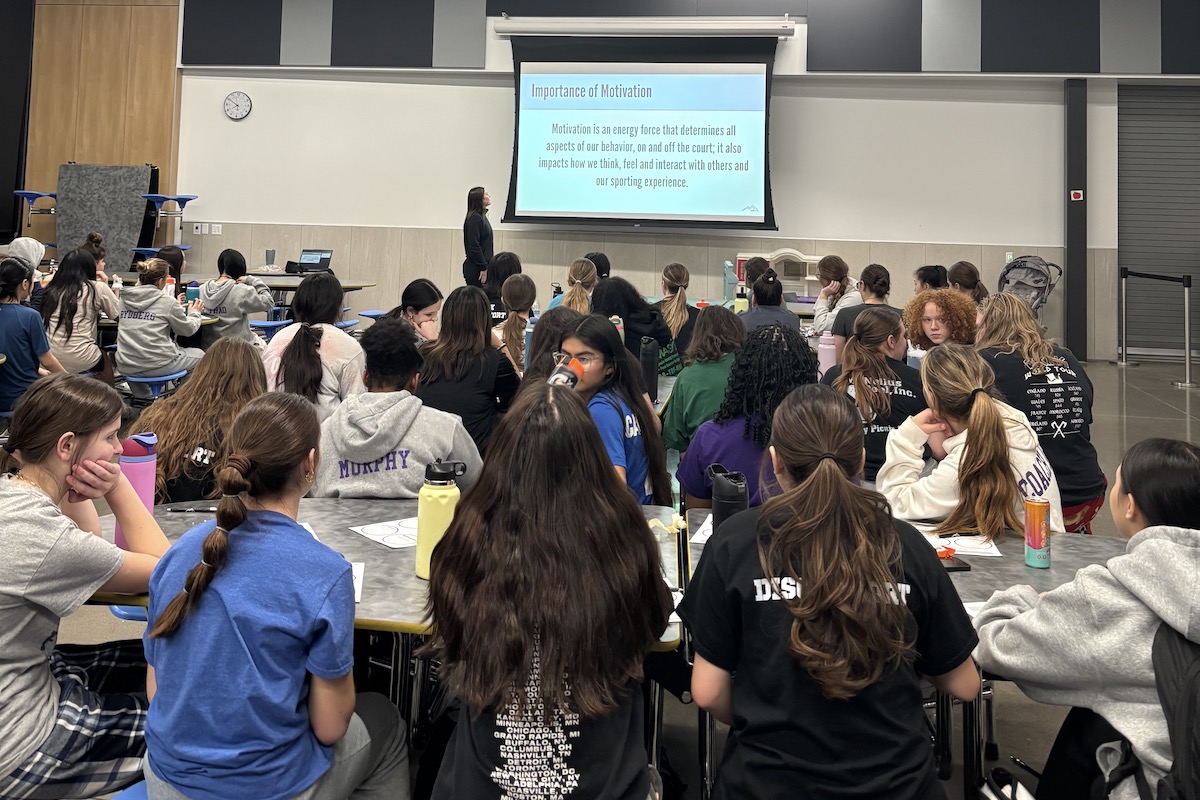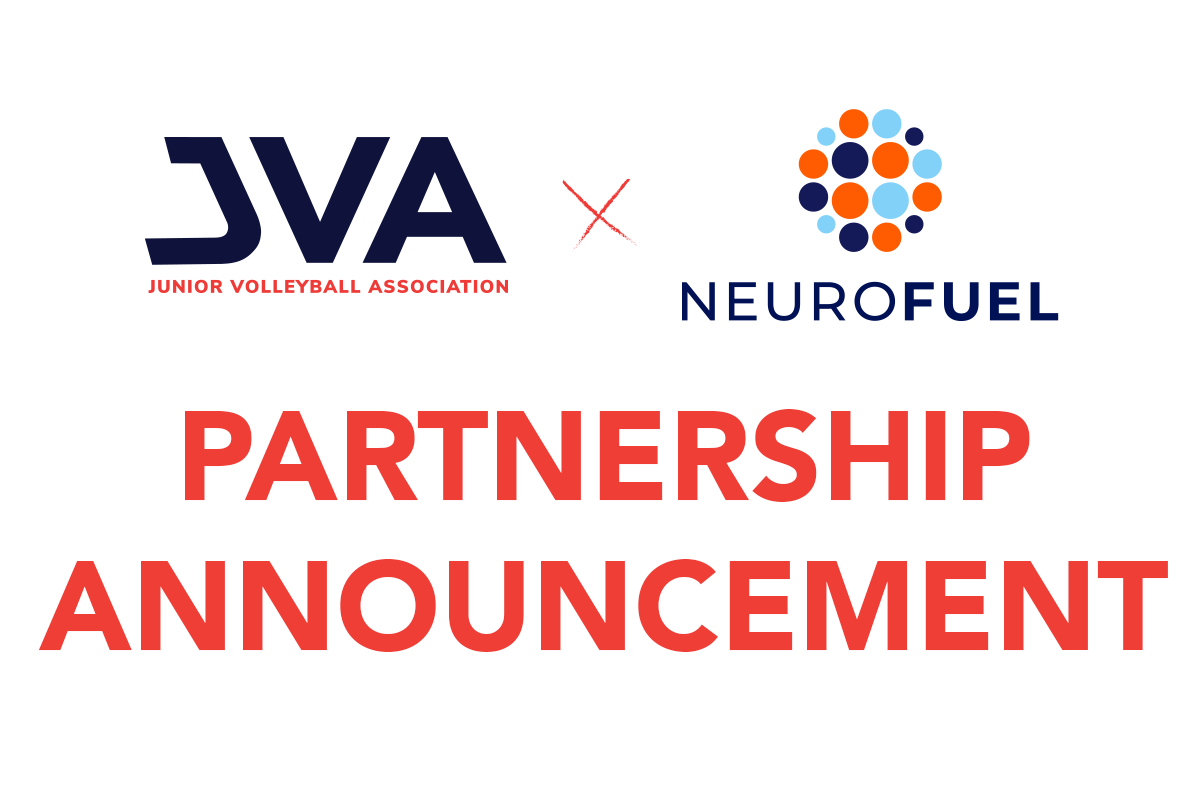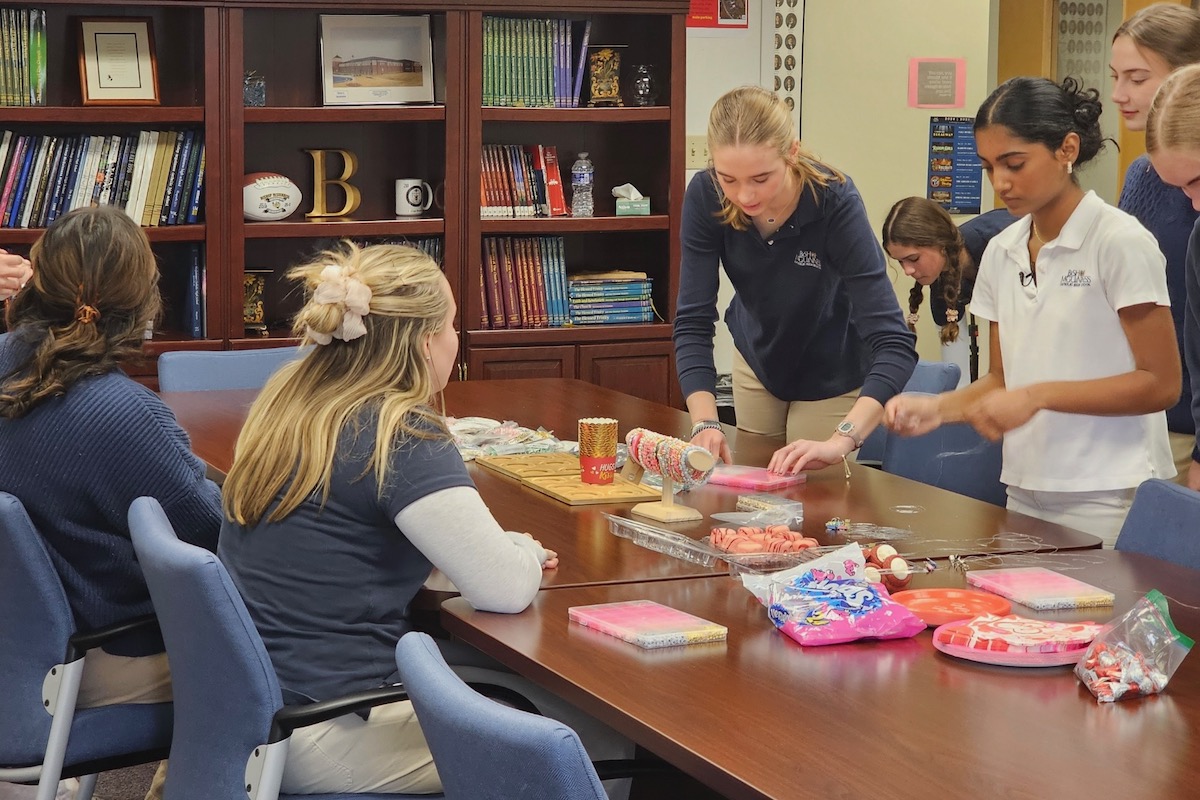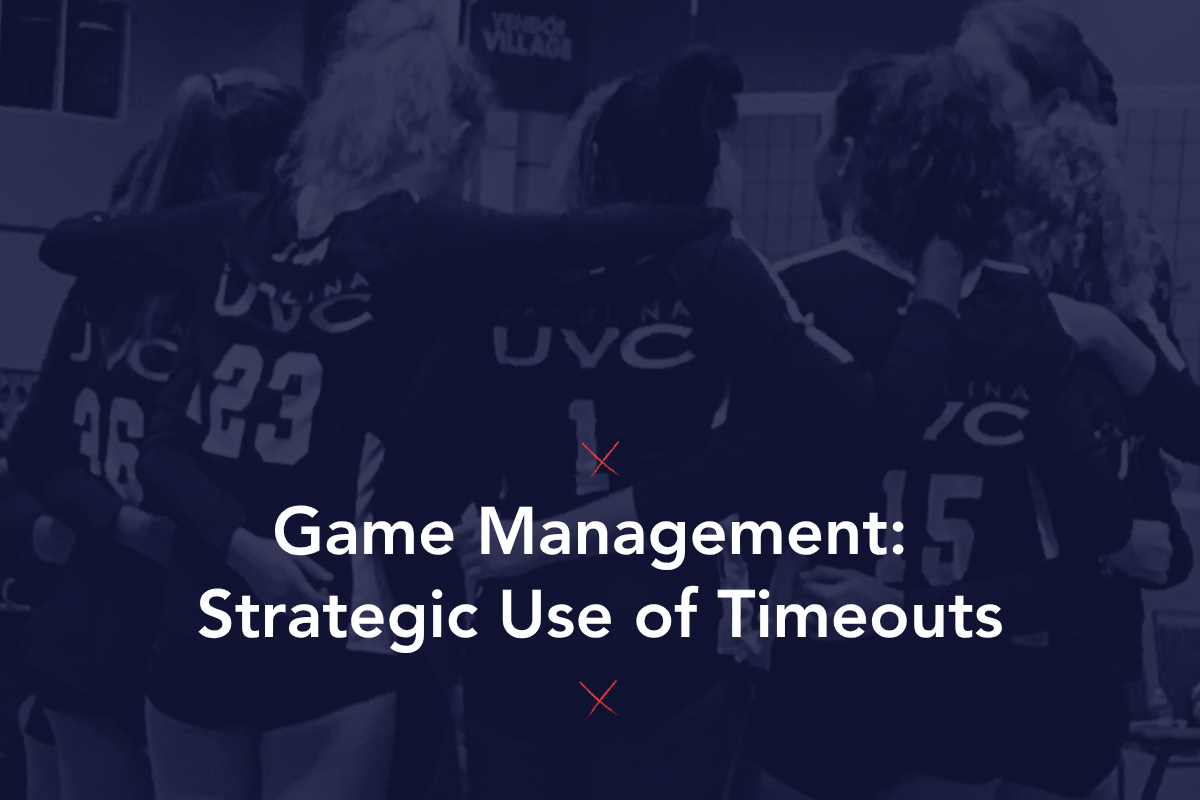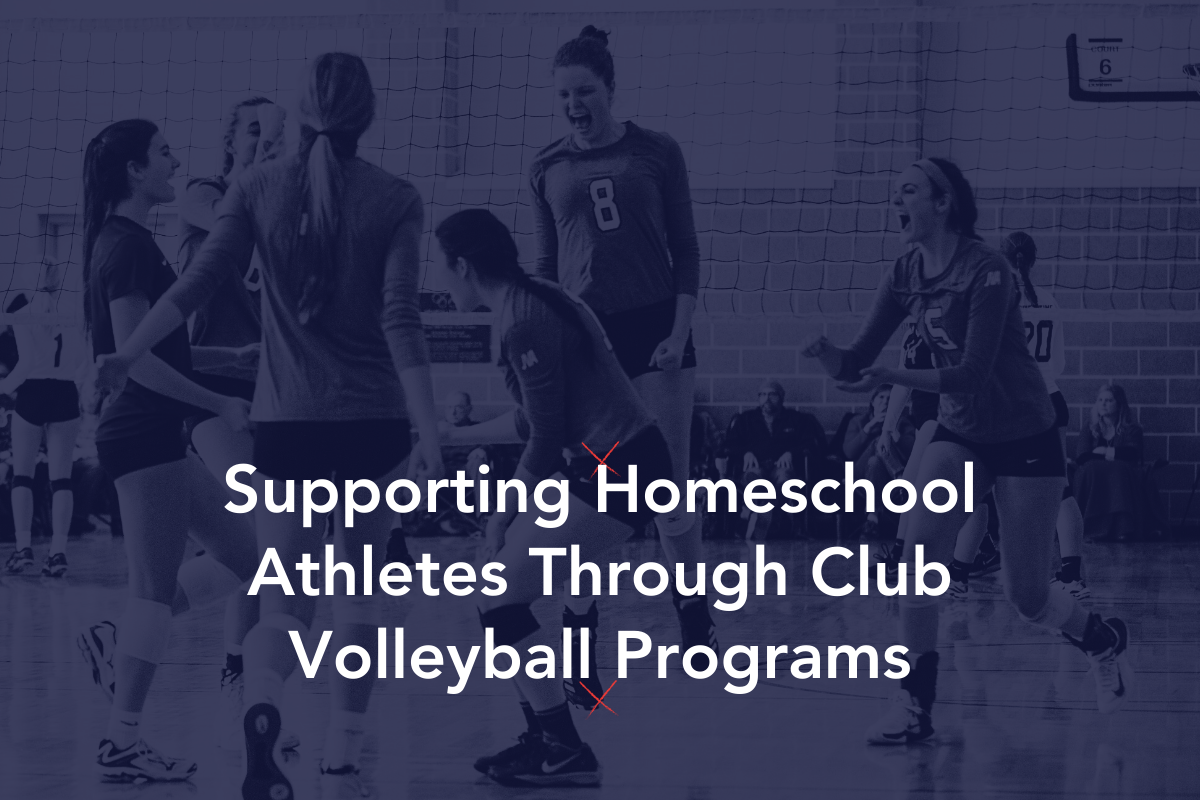Rejection comes in many shapes, scenarios and forms. The struggle that comes with rejection causes some to fear rejection and avoid the hard situations, and instead they remove themselves from the chance to fail. But playing it safe only limits one’s ability to reach full potential.
Don’t Fear Rejection
I’ve always encouraged the young people that I have coached throughout my career to read the sports page. There are so many life lessons to be learned in those pages: great stories about how athletes handle winning and losing, how they’ve overcome adversity, how they get through a slump, etc.
I came across a great example of this the other morning in an article in the Milwaukee Journal Sentinel about Tramon Williams, Corner Back for the Green Bay Packers. His wife found a copy of the letter he received 13 years ago after training with the Houston Texans as an undrafted rookie. It was a simple form letter with a series of check boxes, each box citing a reason that they did not want a player back. The box that was checked Tramon’s letter was, “In the judgement of the club, your skill or performance has been unsatisfactory as compared with that of other players competing for positions on the club’s roster.”
I thought the story was going to go in the direction of, “yeah, that really made me mad and made me work harder;” or “I will show them!” But Williams response was, “I remind myself that this game will knock you down repeatedly if you allow it. You have to believe in yourself more than the chatter around you, you define your value. There are no limits to what you can do with an opportunity, but there is a limit to the number of opportunities you will get.”
I love that response. Tramon didn’t respond in anger. He didn’t get bitter. On the way into work that morning, I thought what a great message to share with all those athletes finishing high school tryouts and looking forward to club tryouts later this fall.
I especially want the athletes (and their parents) who decide to not tryout for a team simply because they don’t think they can make it, to think about the opportunities they may be missing because they fear rejection. Rejection hurts but it doesn’t kill you. You will survive.
Take Risks and Overcome Fear
“Dream big dreams” is what Sandy Zimmerman told Dr. Rob Bell, Sport Psychologist, Author and Speaker, on his podcast- 15 Minutes of Mental Toughness. She became the first mom to ever complete the American Ninja Warrior course. You have to dream big! Dream big means we cannot play it safe. Dreaming big means taking risks and putting yourself out there. Dreaming big means there will be failures, criticisms, and setbacks, but if you play it safe and do not try out for that team, or go for another level of play, then you’ll never reach your full potential.
The big question is, “Why would you not even tryout for the program or the team you really want?” I asked an expert, Trevor Regan, Founder of “Train Ugly”. Trevor has spent much of his life studying how the brain works and how we can train our brain to help us achieve more. How much you can achieve is related to overcoming fear. In his Ted Talk, How to Overcome Fear”, Trevor explains how the “Lizard Brain” is the area of our brain that helps protect us from dangers. However, our brain doesn’t know what challenges are dangerous and which are good for growth and learning. We have to overcome our fear of rejection by not listening to our lizard brain that is telling us to fear uncertainty, change, the attention of being looked at, and the struggle to perform. By not following our instinct to avoid rejection, we can attain more than we had imagined.
Trevor also shares with us that “Harder is better. Let resistance guide you. The items on your to do list that freak you out are probably the most important. The drill you hate doing the most, is probably the exact one you should be doing. The conversation you’re dreading is probably the most urgent. He adds, “Start. Struggle. Fail. Fix. Learn.”
Dr. Bell shares, “Here is a very blunt piece of information for you about volleyball, sports, and life. You will fail, you will face rejection, and you will encounter difficult times and adversity. This may look like someone starting over you, losing a big game, or not making a team or school. The way to avoid any of these is simple, do not play. Now, rejection of any kind hurts, it should, but that what hurts, also instructs. It may not even be fair about the adversity you face, but there is a solution. Don’t give up! Look at what parts of the game you need to improve and get back at it, keep a positive attitude through the tough times as well and do not blame any coaches, teams, parents, or other players. They are not in control of your life, you are, so focus on what you can control.”
I reached out to a former athlete, Stephanie Hernesman. I was lucky to coach her as a freshman in high school. We had a great season; she was a starter and team captain. The following year, the JV coach cut her. I was stunned. Stephanie returned the following year to tryout again. I asked Stephanie to share her story.
“I remember tryouts like it was yesterday. I remember doing well and thinking that I had a shot of not only making the team, but that I could be a starter. On the last day of tryouts, the coach made a decision that most likely changed my path and my life forever. After 25 years, I still remember that day. I remember the look of shock on my friends’ faces when I was cut…they couldn’t believe it; I couldn’t believe it. I left the gym thinking that the sport I loved and lived for was no longer in my life and a part of my dream.
I remember going home and crying and then going to my closet and taking all of my volleyball clothes out of my closet, shoes, kneepads, tournament shirts, uniforms, everything; carrying it outside and throwing it out into the street… and sobbing. I remember my younger sister (still brings tears to my eyes) coming outside and trying to cheer me up with a chocolate chip cookie…I threw that out onto the street.
After that things are a little bit blurry, but I do remember my dad telling me that if I don’t want it to be over it doesn’t have to be. At the time I probably didn’t want to hear it or didn’t believe it. After some convincing I decided he was right. I joined the YMCA and got on a strength program and worked really hard to get stronger. I played club that same year (after getting cut yet again from the same coach from my club program), with a club that was excited to have me. My goal was to not only make my high school team, but to get to the next level.
Not only did I make my high school varsity team, where we won 2 state championships, but I went on to have a successful college career. I got to play for and win 4 conference championships, play for a National Championship (finished 3rd), finished with a lot of personal accomplishments that included All-Conference, All-American, NCAA All-Tournament team (as a freshman) and not to mention a lot of team accomplishments. I walked away with the best experience of my life time and that I tell anyone who wants to listen I would do it all over again if I could.
I do think about that moment a lot….and if I would have let someone else determine my path, my future, I never would have been able to experience all the great volleyball opportunities that I have had up to date. After finishing my college career, I became a coach… and 20+ years later I’m still telling the story to my athletes today. My message to them is that they get to write their own story and make it what they want. If they want it bad enough, they get to fight for something they love.
I am now running Jacksonville Skyline Volleyball and in 2.5 years that we have been here we already have a lot of those stories…and I’m thankful that I get to be a part of them.”
Whether you’re a young athlete, coach, director or aspiring to be, I hope you are encouraged to go out and write your own story.
Start, Struggle, Fail, Fix.
For related reading for athletes click HERE. For related reading on mental training click HERE.
About the Author
Jenny has served as the JVA Executive Director since 2010. She co-founded Milwaukee Sting VBC in 1989 serving as director, head coach and board member through today. She served as Operations Director and then Executive Director of Badger Region Volleyball Association from 1998-2010. Jenny is passionate about junior volleyball and sees the JVA as a vehicle to improve the junior club experience for club directors, coaches and the club member families.





